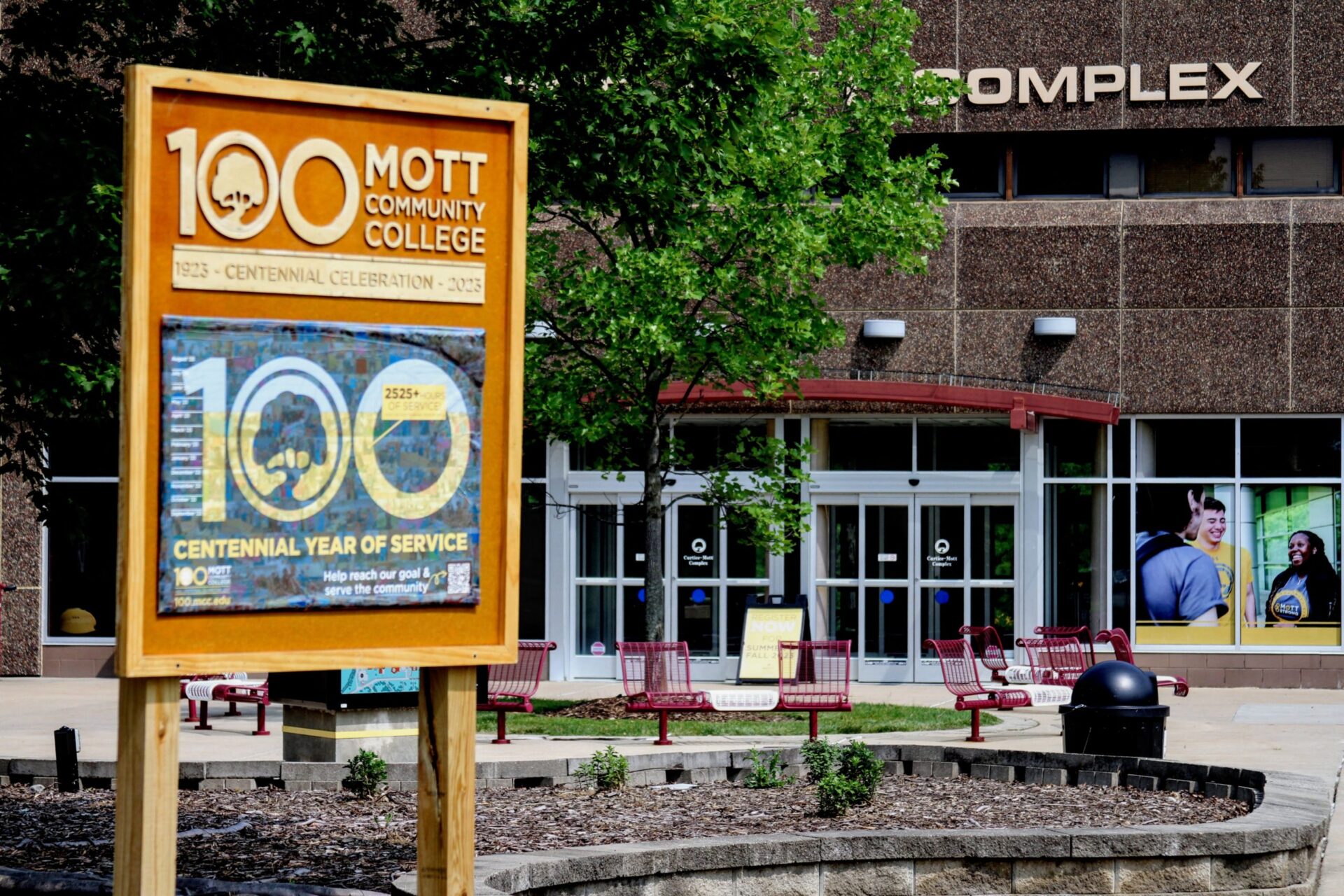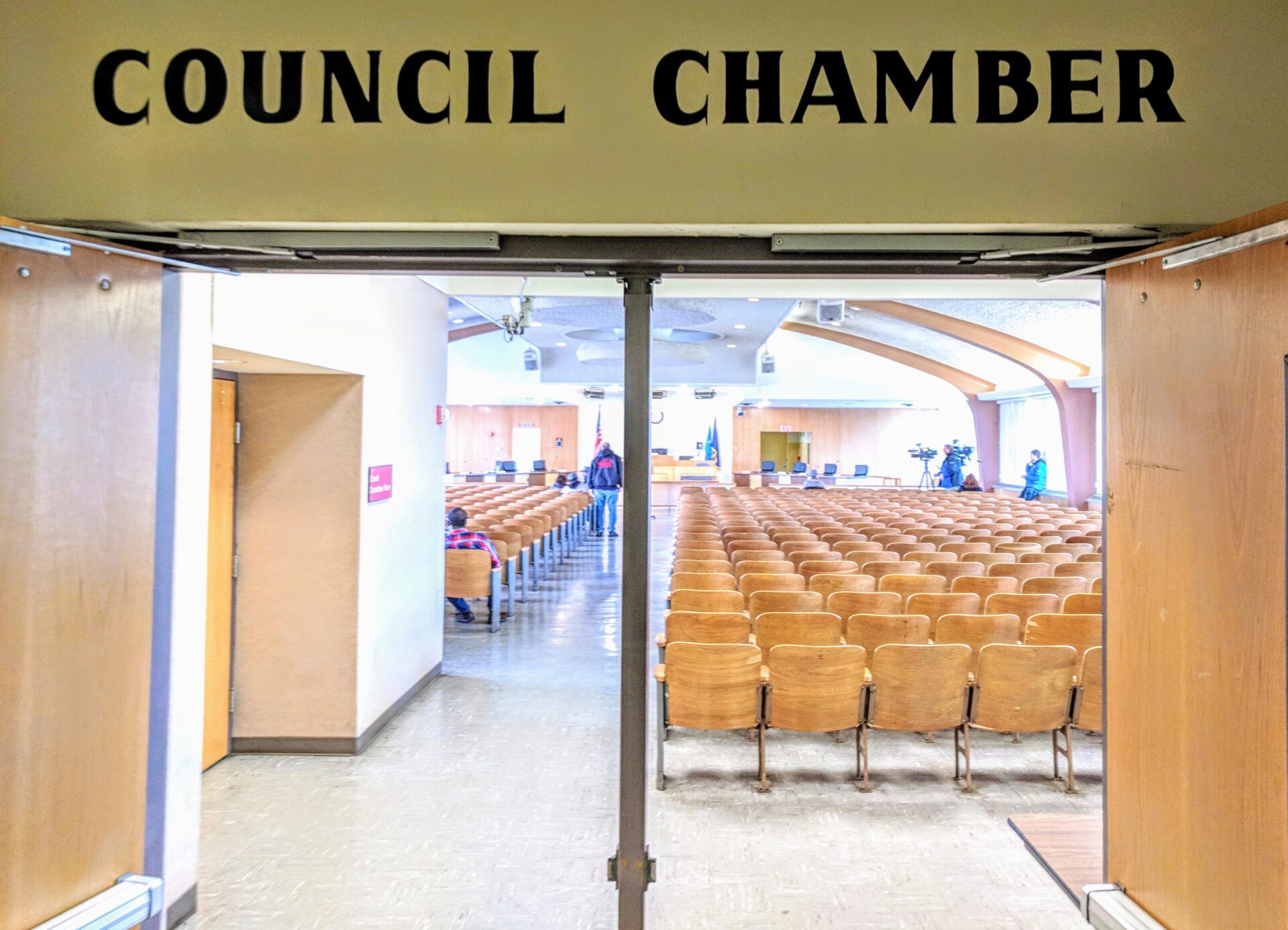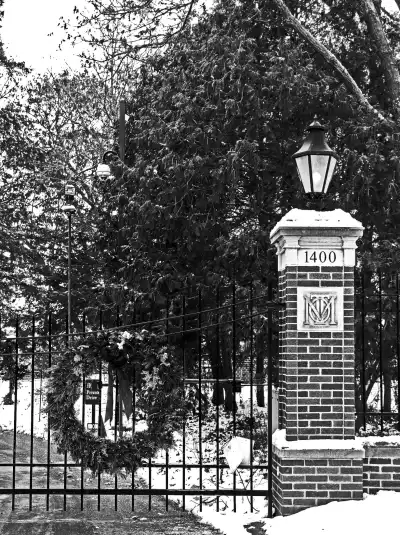By EVM Staff
Mott Community College (MCC) today announced a $340,000 grant to support increased degree and certificate completion for the college’s adult students.
According to a press release on Jan. 29, 2024, MCC plans to use the grant, awarded by the Charles Stewart Mott Foundation, to partner with Diploma Equity Project, a Michigan nonprofit with a mission to eliminate the state’s gap in college degree completion based on race, income, family education and age.
The funding will cover the costs of testing an “Adult Students Support System prototype,” designed to double adult degree completion rates at the college, as well as the costs of developing an “Early Alert System,” which will allow support staff to view critical academic, financial, and other data in real time.
The Adult Students Support System was developed through a collaboration between DEP, design firm Civilla, and the Office of the President at MCC.
“The goal is to test the effectiveness of the new support system before undertaking the disruption and expense of taking the prototype to scale,” said Dr. Sounya Walker, the college’s Director of Strategic Projects.
Walker will lead the prototype testing projects according to MCC’s press release, which noted the system prototype consists of the following integrated elements:
- Establishment of a Mott Adult Learner Institute within the college, “dedicated to serving students and accountable for their persistence and credential completion.”
- A physical space designated for adult-age students to gather between classes, use computers, conduct study groups and network with other adult learners.
- Appointment and training of two Adult Student Advocates.
“Having a strong relationship with someone at the college who has the ability to help a student put together a plan to stay in school is the most powerful way to sustain adult students,” Walker said of the advocate positions.
The support system prototype will be paired with an Early Alert System that will help staff recognize students struggling and stopping out, creating a pathway for them to intervene proactively to prevent students’ failure.
“Our goal is to both provide MCC with an early alert system that will provide a rich set of analytics to ensure timely support for struggling students, and to create a model system that other universities and community colleges can look to in designing their own early alert systems,” Walker said.
The overall initiative does not have an anticipated timeline, Dawn Hibbard, communications specialist for MCC, explained over email. Though she did add that it is expected to happen in three phases.
The first, she said, will be a research and design phase led by DEP. That phase will be followed by “upgrades or replacement” to the college’s analytic system that allows for proactive intervention. Phase three, she concluded, “will be the implementation of the Early Alert system that is the result of phases one and two.”







